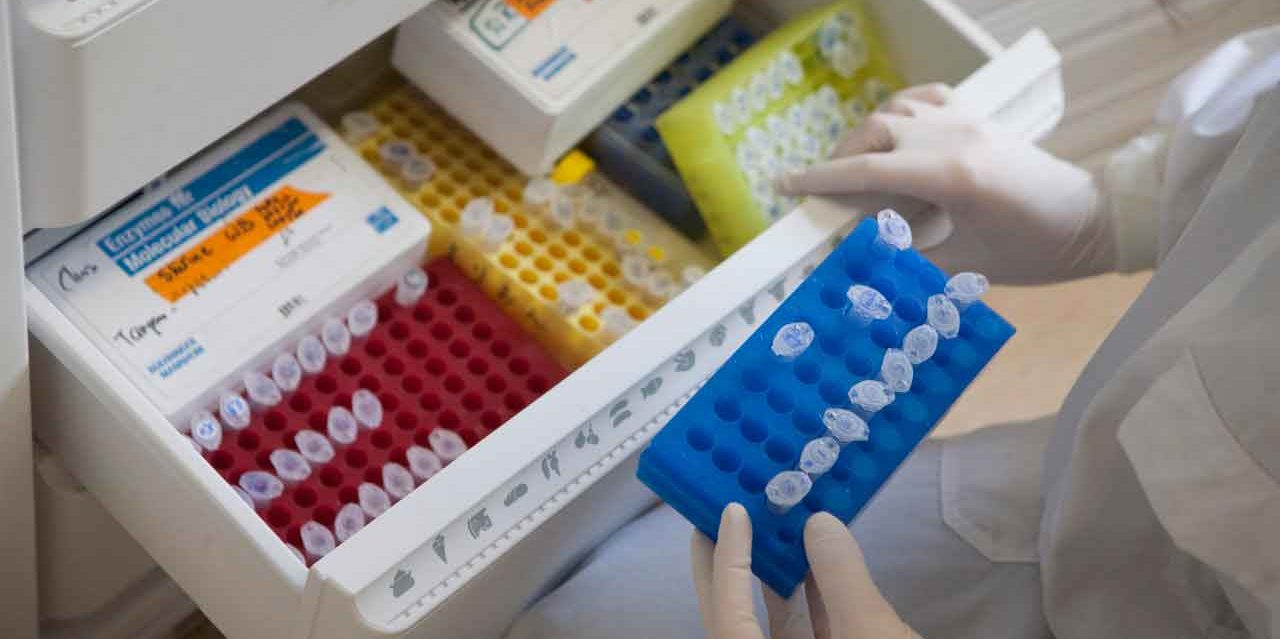Leukemia Drug May Help Neurological Diseases

Imagine taking a drug approved for a condition you don't have, leukemia, and finding your Parkinson's disease getting better. Some people taking nilotinib (Tasigna) have.
Imagine you have a disease deemed “incurable” and “progressive.” Maybe you are confined to a wheelchair, or you’re unable to talk. Perhaps you don’t have enough control of your body or thoughts to remember how to load a dishwasher.
Now imagine taking a medication approved for a condition you don’t have — leukemia — and in six months your neurological symptoms improve dramatically.
This scenario was real for 11 patients suffering from Parkinson's disease with dementia, or a related condition, Lewy body dementia, who took the drug nilotinib (Tasigna) in a clinical trial conducted by Georgetown University Medical Center researchers.
With so few people involved and no control group, the results of the study can’t be called a cure or breakthrough treatment — at least, not yet. But the researchers are clearly encouraged they are onto something that could give hope and help to millions.
YOU MIGHT ALSO LIKE: Depression and Parkinson’s Disease
Specifically, they may have found a way to clear the brain of an abnormal buildup of toxic proteins involved in a host of currently incurable and devastating neurological diseases, including Parkinson’s, Alzheimer’s disease, amyotrophic lateral sclerosis, frontotemporal dementia, Huntington disease, and Lewy body dementia.
For six months, the research subjects in the Georgetown study took increasing amounts of nilotinib (150 to 300 mg daily) in doses far lower than are used to treat chronic myelogenous leukemia (CML), a type of blood cancer. No serious side effects were reported. But most remarkably, symptoms in every patient who completed the trial (11 of 12) improved — and10 got better significantly. The study participants also showed positive changes in biomarkers found in their spinal fluid, which suggests toxic proteins were being cleared from their brains.
The most dramatic improvements seen were in cognition, motor skills, and non-motor function (including chronic constipation), according to co-investigators Charbel Moussa, MD, PhD, who heads Georgetown's Laboratory for Dementia and Parkinsonism, and neuroscientist Fernando Pagan, MD, PhD, co-director of the Georgetown’s Movement Disorders Clinic.
One patient in the study who had been confined to a wheelchair could get up and walk again, and three research subjects who had not been able to talk are now able to have conversations.
“Before the nilotinib, I did almost nothing around the house. Now, I empty the garbage, unload the dishwasher, load the washer and the dryer, set the table, even take responsibility for grilling,” said Alan Hoffman, PhD, a retired Georgia State University education professor who was diagnosed with Parkinson’s disease in 1997. Hoffman enrolled in several clinical trials over the years, but nothing improved his Parkinson’s disease symptoms until he participated in the Georgetown study and received nilotinib.
“To my knowledge, this study represents the first time a therapy appears to reverse — to a greater or lesser degree, depending on stage of disease — cognitive and motor decline in patients with these neurodegenerative disorders,” said Pagan. “Study participants with earlier stage disease responded best, as did those diagnosed with Lewy body dementia, often described as a combination of Parkinson's and Alzheimer's diseases.”
Moussa has long explored the possibility that some cancer drugs that pass the blood-brain barrier might be treatments for certain neurological diseases. He reasoned that far smaller doses of nilotinib used to treat CML could turn on just enough autophagy (a biological process that causes the death of malignant cells) in neurons to trigger what he calls the “garbage disposal machinery” inside brain cells, clearing out toxic intercellular proteins and preventing them from accumulating.
After successfully testing his theory in an animal study and in the recent small but positive human study, Moussa and other Georgetown researchers are now planning larger clinical trials with nilotinib for patients with Parkinson’s and other neurodegenerative diseases linked to an abnormal buildup of proteins, including Alzheimer’s disease. These studies will likely begin in 2016.
In the meantime, Hoffman and other patients in the recent clinical trial are continuing to take nilotinib as part of an expanded study. “My wife says it's life-changing for her and for my children and grandchildren," Hoffman says. "To say that nilotinib has made a change in our lives is a huge understatement."
Updated:
March 05, 2020
Reviewed By:
Christopher Nystuen, MD, MBA